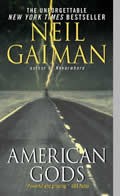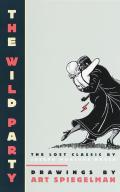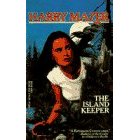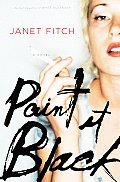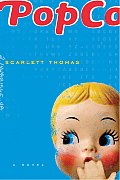 Her Mother's Daughter: A Memoir of the Mother I Never Knew and of My Daughter, Courtney Love by Linda Carroll
Her Mother's Daughter: A Memoir of the Mother I Never Knew and of My Daughter, Courtney Love by Linda CarrollSometimes you feel like reading Crime and Punishment, and other times, you stumble upon a tell-all memoir by Courtney Love's mother and clear your schedule for the day.
Over the years, Courtney Love has said some pretty awful things about her mother, so it's understandable that the woman would want to tell her side of the story. Carroll was married three times before she was 30, and dragged her children from San Francisco to Oregon to New Zealand, and back again, creating what was surely an unstable and weird environment for them. As one of her marriages crumbled, she took in a foster child; then left him with another family in New Zealand. When they left the United States, Courtney was left with one of Linda's friends. And so on, and so forth... hippie parenting at its most permissive and most horrifying.
But while the evidence against her parenting style is pretty damning, Carroll is an extremely persuasive writer and manages to come out of the story without seeming like an irresponsible flake. What's more, as a memoirist, she's very fair, compassionate, and forgiving. Despite the fact that Carroll's father molested her and her mother unfailing introduced her as "my adopted daughter, Linda," her depictions of them are, shockingly enough, filled with understanding and even love.
And yes, there are many instances that show little Courtney to be a selfish, manipulative, and deceitful bad seed; however, Carroll balances these moments with many examples of Love's creativity, intelligence, and generosity.
Carroll's search for her birth mother, who turns out to be acclaimed children's writer Paula Fox, is crammed into the book's last few pages, and the account of Carroll's life after the family returns to New Zealand is rushed. Still, it's an absorbing memoir about a woman you can grudgingly respect, even as you thank God that she wasn't your mother.
If you like...: memoirs of godawful childhood like The Liar's Club by Mary Karr and Augusten Buroughs Running With Scissors, or about women who rise above their youthful indiscretions like Beverly Donofrio's Riding in Cars With Boys, this book is for you.

